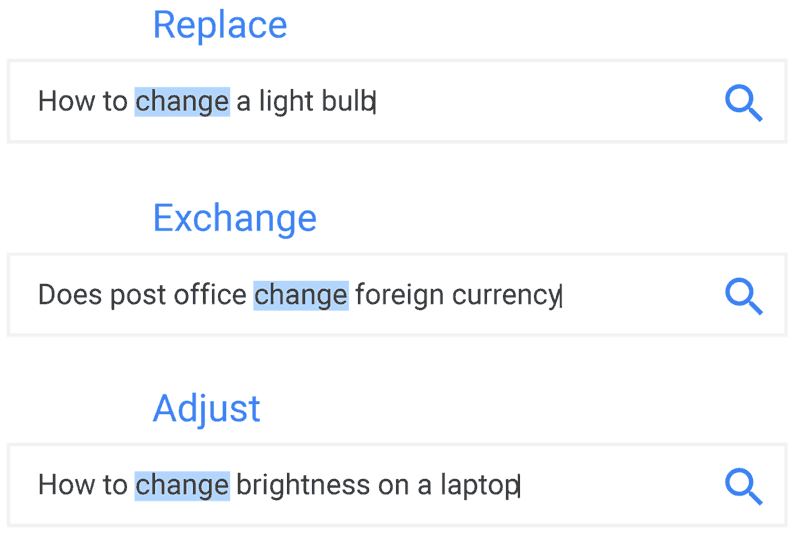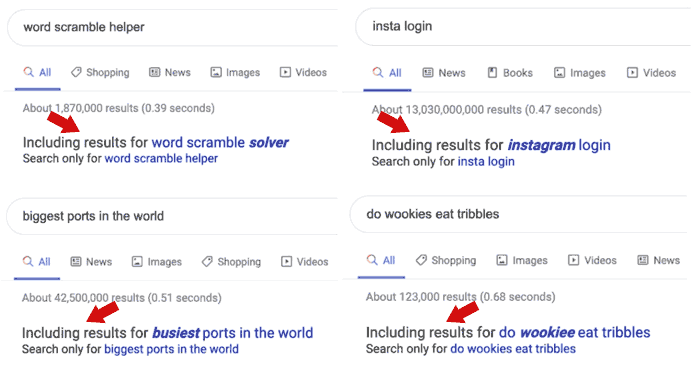A former NYTimes reporter and novelist accused Google of having an ideological bias. He cited a search for “socialism and racism” that returns results that include “capitalism.” Google explained why this happened.
Socialism and Racism
The search phrase “socialism and racism” also returns results for “capitalism.” Some took it as evidence that the search results have a leftist bias.
Here is the original tweet:
I assumed this was a joke, but it’s real: if you Google “socialism and racism,” the top result you’re offered will be “capitalism and racism.” Big Tech gets more openly ideological by the day. And weird that one of the world’s most profitable companies hates capitalism so much. pic.twitter.com/vhSqflY74g
— Alex Berenson (@AlexBerenson) August 13, 2020
Some pointed out that DuckDuckGo and Bing don’t contain results for capitalism in a search about socialism and racism.
Screenshot of Bing Search Results for “Socialism and Racism”
Google Explains Search Result
Google’s Search Liaison, Danny Sullivan, responded by tweeting an explanation why Google includes results for the word “capitalism” in a search for “socialism and racism.”
“By default, Google automatically looks for related words, often useful as creators might not use the same words as searchers. That’s what’s happening. The label is to explicitly alert searchers, in case they wish to restrict the expansion. More here:
Danny Sullivan then links to a graphic that shows how words used in a search query can be substituted with synonyms and related words while still conveying the same meaning.
 Synonyms can be used to update the search query while keeping the meaning of the query the same.
Synonyms can be used to update the search query while keeping the meaning of the query the same.That’s what “query expansion” is about, to find web pages that answer the question, whether or not they use the exact words in the search query.
It doesn’t matter if someone uses the word angler or fisherman, both words describe the same thing. By doing query expansion, Google can widen its search for the right answer.
In general this improves the search results.
But not in this case.
Many users on Twitter voiced their displeasure with search results that include the word, “capitalism” for a query that has nothing to do with capitalism.
Danny Sullivan answered the question from his official Google SearchLiaison Twitter account.
“When searching on Google, by default we automatically also search for any synonyms & related words to what was entered, as this is often helpful. Yesterday, our systems that do this raised concerns we were intentionally making some ideological statement. This was not the case…”
“If Google only returned documents that contained the exact words entered in a search, we would miss displaying relevant content. For example, “change” as used by a searcher might fail to match documents that talk about “replace” or “exchange” or “adjust” as written by a creator…”
Then:
“This type of query expansion happens regularly. But in some cases, we detect the top results returned may be further away in relationship to the original terms entered. In such cases, we automatically label that a broader expansion is happening & provide an override option….”
Google SearchLiaison then linked to the following examples:
Examples of Query Expansion in Google Search
 Screenshot of query expansion examples in Google search
Screenshot of query expansion examples in Google searchGoogle then explained that the reason “capitalism” was included in a search that is about “socialism” is because the two words are “closely related.”
Some may arguably feel that capitalism and socialism are not closely related but rather broadly related. And for that reason, many users were unsatisfied by the search result that included capitalism.
Google explained further:
As said, if we detect an expansion brings back top results further away from the original search terms, an expansion label automatically appears. If the top results change, the label may change. That’s why it may come & go for this search or others. Results often change….
— Google SearchLiaison (@searchliaison) August 14, 2020
We recognize some might prefer not to have expansions performed. This is why we provide a “Verbatim” option, found using the Tools menu item in Search. Quotes can also be placed around words or phrases to specify an exact match: https://t.co/8r1uE2k1Pm pic.twitter.com/cjagGn3kYu
In the end, Google SearchLiaison implied the possiblity of using this feedback to improve.
Overall, these types of expansions are often useful for searches. However, we know they’re not always perfect. That’s why we notify when a broader one happens. And we use feedback as with this case to see if we can improve our automated systems further.
— Google SearchLiaison (@searchliaison) August 14, 2020
Do Google Search Result Show a Leftist Bias?
Google SearchLiaison tweeted that they use feedback to improve their systems.
“Overall, these types of expansions are often useful for searches. However, we know they’re not always perfect. That’s why we notify when a broader one happens. And we use feedback as with this case to see if we can improve our automated systems further.”
Some are interpreting that the “Socialism and Racism” search result as evidence of a leftist bias from Google.
Google says it’s their query expansion algorithm that’s responsible, not a political bias.
Yet, considering that DuckDuckGo and Bing don’t show similar results, it may be the case that Google’s search result might not be a particularly satisfying one.